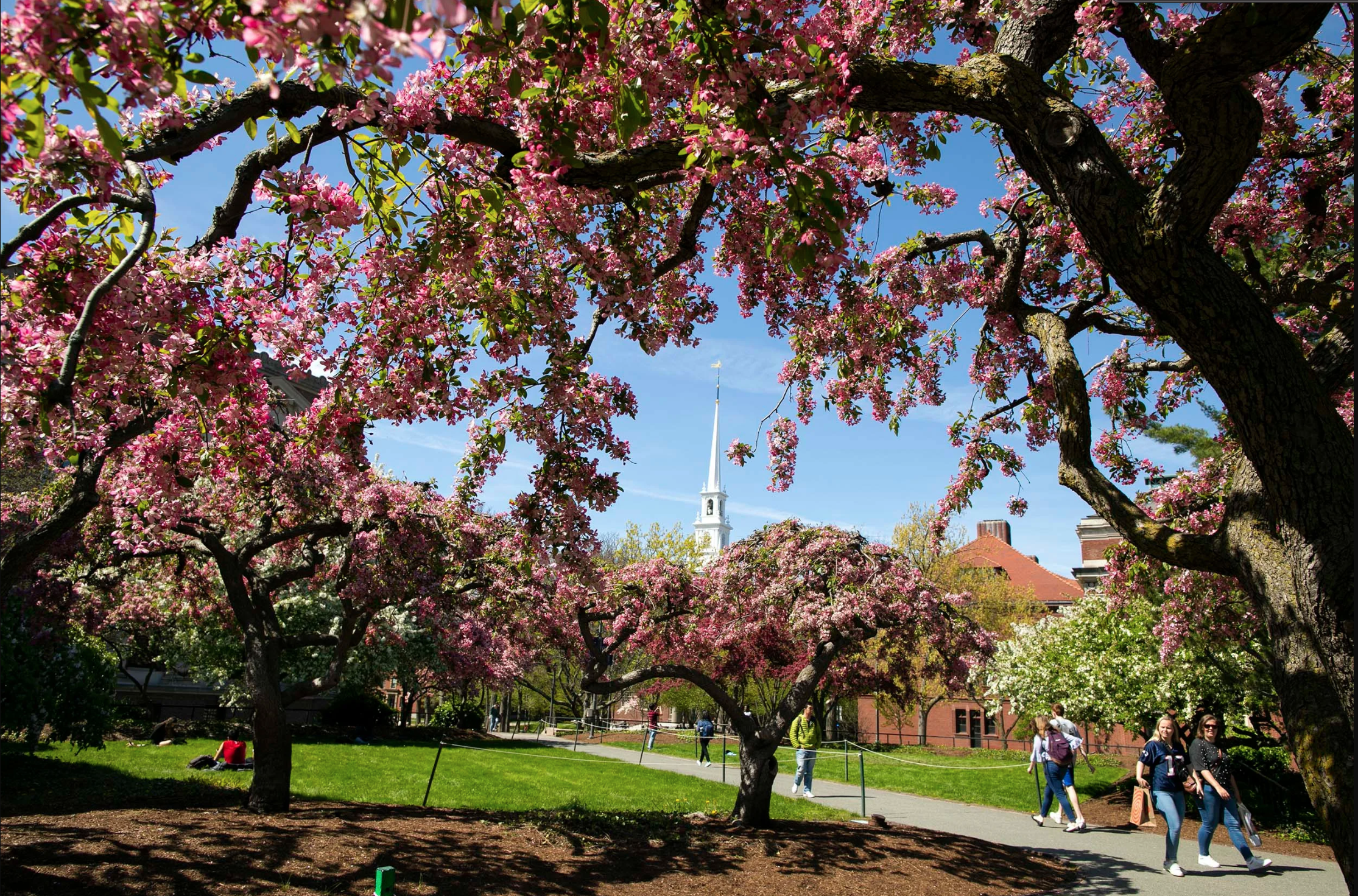
A Global Community
for Harvard Alumni and Students
in Healthcare
Est. 2015
We’re looking for more team members! Check out our open positions in our SIG below.
For this People of HAIH post, we had the honor of speaking with Colonel Merbin (Mer) Carattini. Recently, Colonel Carattini was Commander of the US Army Medical Department Activity – Bavaria in Germany, where he was the Chief Executive Officer for five Military Treatment Facilities spread through the South of Germany, Romania, and Bulgaria following his completion of the National Security Fellow Program at Harvard Kennedy School.
I was born and raised in Atlanta, Georgia, which is the birthplace of Martin Luther King Jr. and home of the late Congressman John Lewis — growing up there, then, had huge implications for how I weave together my focus on disparities with equity and justice today.
I’ve known since the age of four that I wanted to be a pediatrician. Because I had that knowledge, I wanted to study something at Harvard that I would never get an opportunity to study again. I was a sociology pre-med concentrator, and I focused on race and ethnic relations at Harvard. I was already studying the social determinants of health then, before it became more commonly studied as it is today, and particularly I was interested in poverty and health inequities.
Law is a beautiful way of structuring your thoughts. Legal arguments are careful, well-researched, thoughtful, historically grounded, and serve important social functions. The appeal of that kind of thinking really drew me, and I also wanted to do good — and you can do a lot of good in law. I loved law school, too. The training of law school is something you can never undo. It’s a bit like imprinting a little duckling—you can never unthink like a lawyer. That’s a warning! Once a lawyer, always a lawyer.
I was in the 50th class at HMS to include women. To celebrate, HMS had celebrated with a symposium. Speakers included women alumni who talked about their careers. To be able to hear from these women and how they achieved work-life balance was just so inspiring. The most helpful advice I heard was to get somebody to clean your house.
One of the most defining moments later when I worked in industry was at a launch meeting when I was sitting next to the inventor of the drug, the first patient, and their treating physician. That was an amazing experience, and it still brings tears to my eyes. That’s why I’m pursuing what I do. It’s this image of patients and their families and physicians whose lives we are trying to improve.
Mentorship is very important. Talking to lots of people can be helpful in understanding which career path may be a good fit. Subscribing to newsletters like the HAIH is a great start—but reaching out to interesting folks directly can be even more helpful. I met many of my mentors by way of a “cold email.” Especially at big places like Harvard, you often need to be proactive in seeking out and retaining mentors.
If you notice that there is a gap or something you dislike in the system, I would encourage you to not just let it slide. Figure out a way to combat it and it will enhance the practice of medicine. It does not have to fall on your shoulders only — that’s a fast track to burning out — but realize that you have more insight and power as a medical student than you might assume.
I work in Indigenous American Indian communities, and the biggest challenge for us is that our services are really underfunded. There is a history of making treaties between tribal nations and the United States in which we surrendered lands in exchange for promises. Healthcare services are understood to be part of what’s called the ‘trust responsibility’ of the United States to take care of the health of American Indian people. There is a branch of the U.S. public health service, known as the federal Indian Health Service (IHS), which is responsible for the delivery of healthcare services across “Indian Country,” as we say [to refer to] reservations and tribal nations. However, it has never been funded very well, so it’s very inadequate for meeting all of our healthcare needs. For example, while funds from the Indian Health Service can include hiring physicians, social workers, and nurses to deliver care, it does not typically include specialists. In fact, in the area of the country I’m from, the service area for the IHS encompasses all of Montana and Wyoming, where only one psychiatrist consults with all of the different reservations on mental health concerns. As such, being really deeply under-resourced is one of our chief dilemmas in Indian country.
When I was at Harvard, I studied History and Science, and it was really rewarding. It’s amazing to be going from analyzing Latin in manuscripts and trying to decipher merchants’ handwriting to jumping to work in the lab with next-generation DNA sequencing. I went straight through to Harvard Medical School in the New Pathways program. Obviously you work hard in Medical School, but you also start to get the sense that you’re the master of your own destiny. In medical school, I also got started working on what would become my company, SurgiBox.
There is a huge lesson of positive change here. When we step away from a situation that we find unpleasant, we lose our voice. If we want to have a voice, not only do we want to stay in the situation, but we have to bring our allies with us and step in to do this together and make changes. Changing the system alone is too hard. Gathering allies and working together is hard work, but meaningful and can be fun as well, and better effect the desired change. We also learned that the existence of focus groups strengthens the larger group rather than weakening it. Giving people the opportunity to gather in groups of like interests create an engaged connected community, which can then be brought to the larger community.
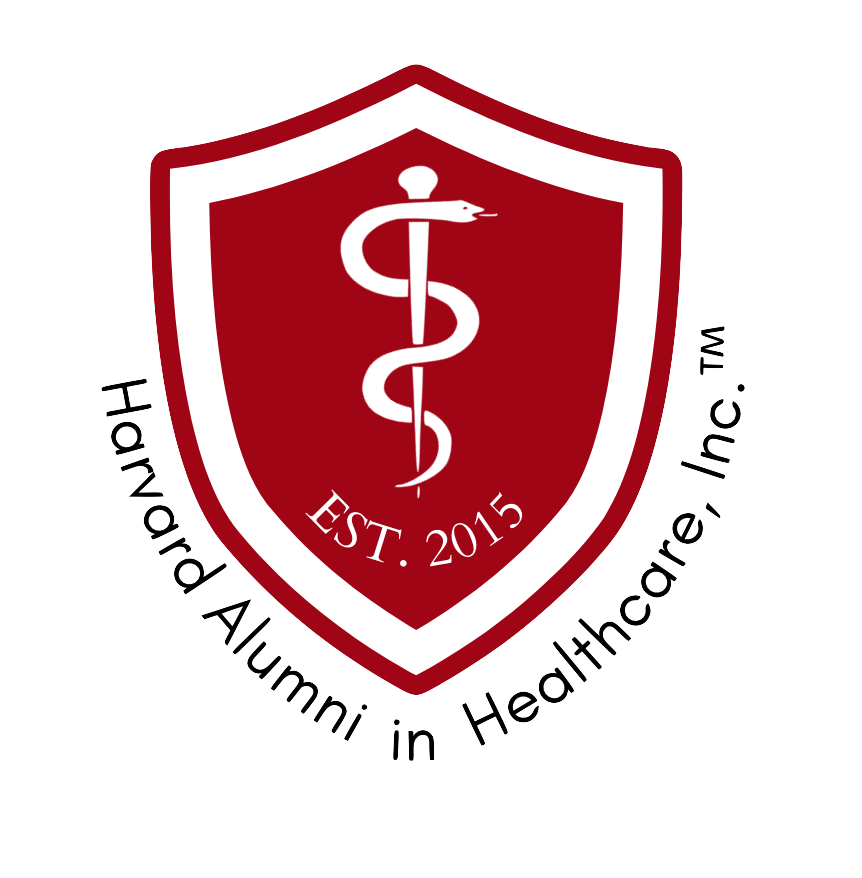

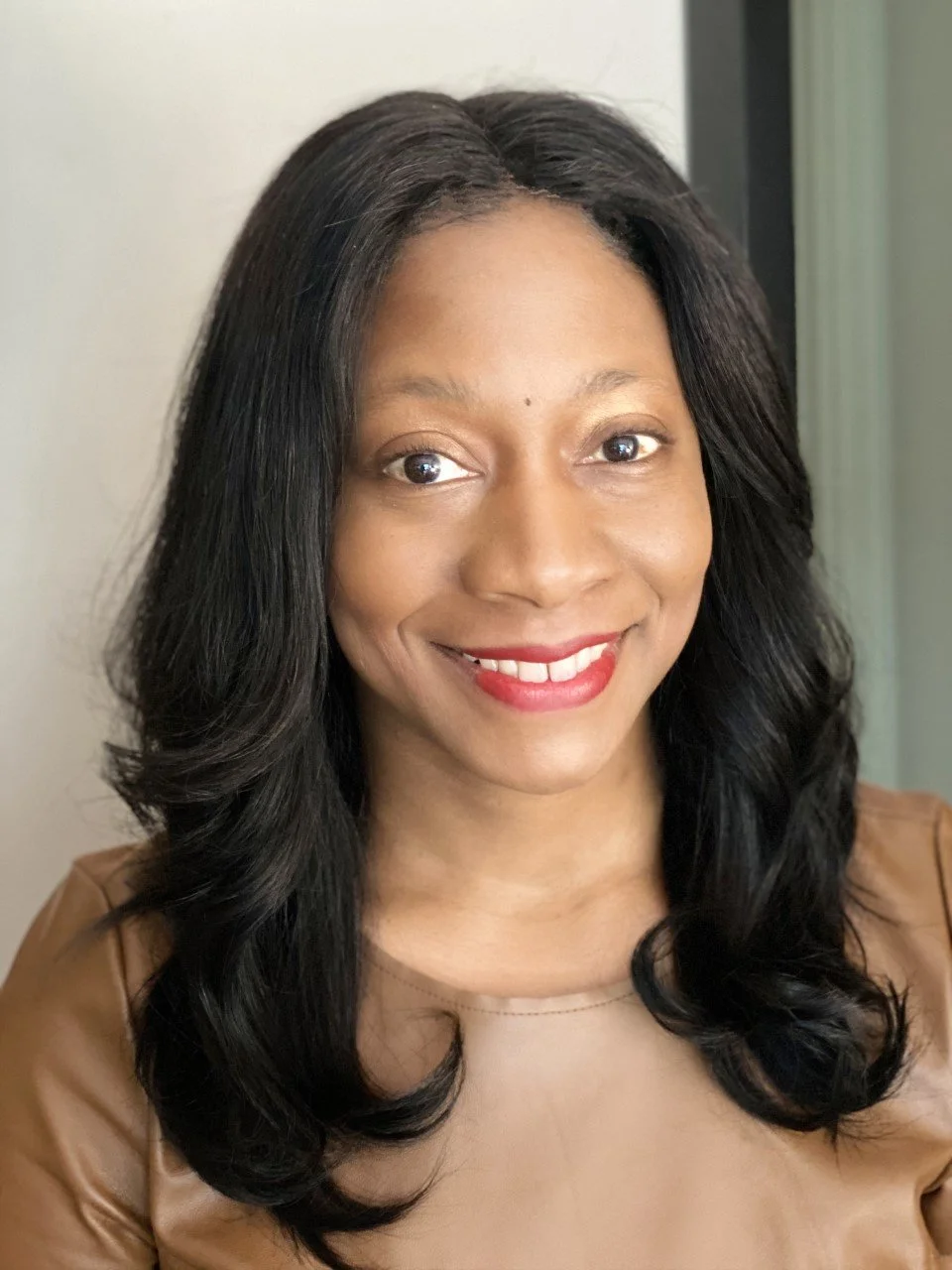
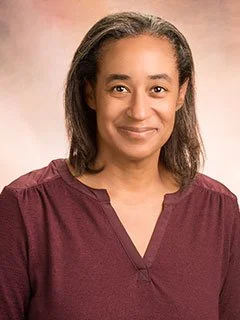

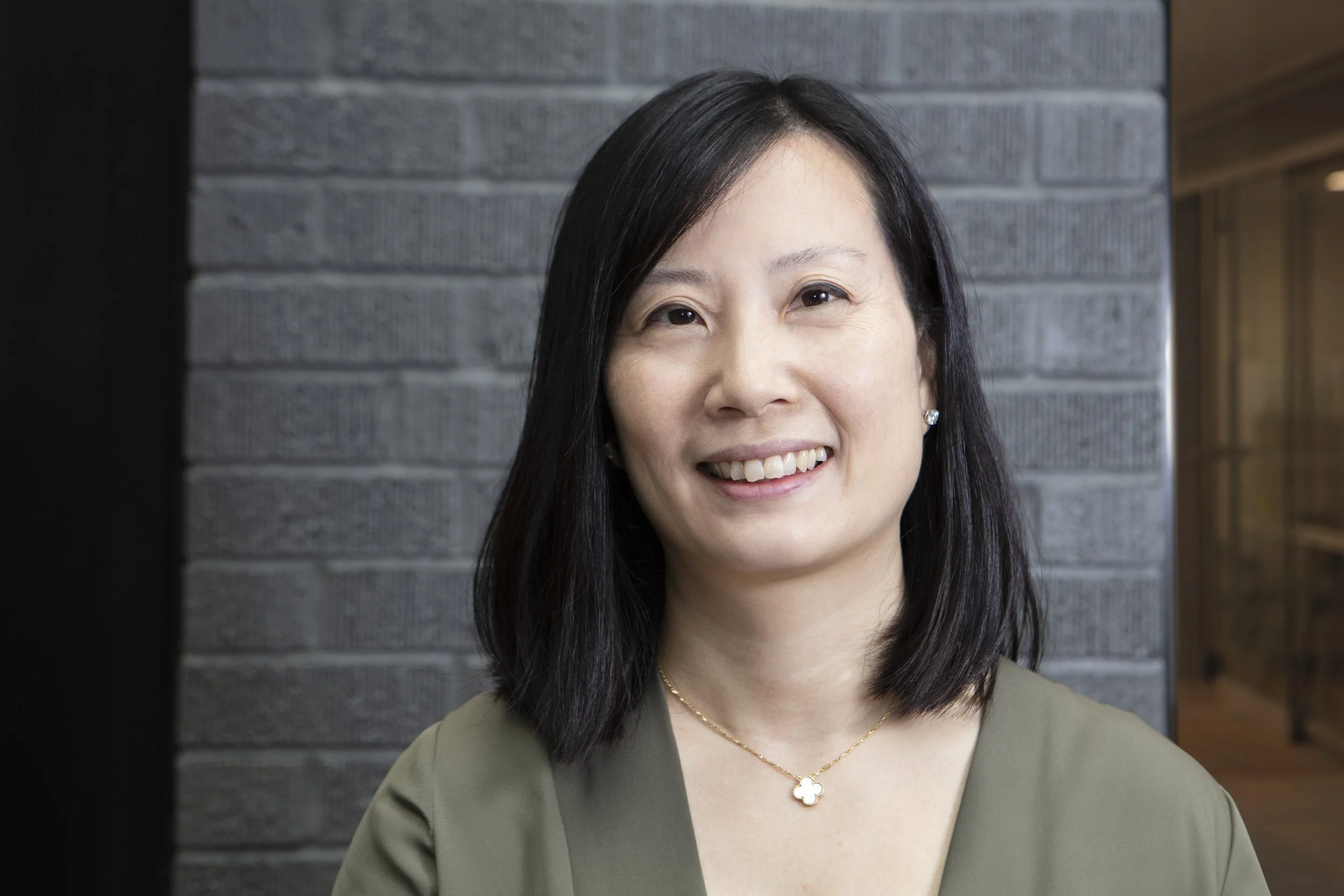


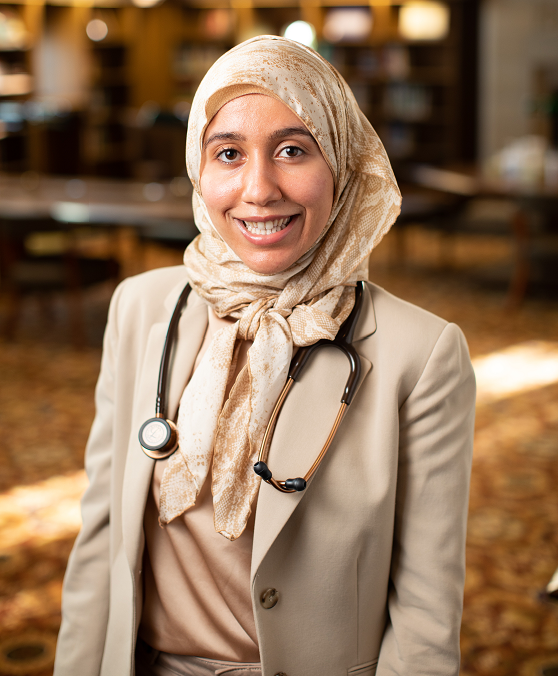



I grew up in five countries across Europe and Asia because of my parents’ work, and I saw a lot of startling health disparities along the way. I was inspired by their impact, and that’s a key reason why I want to go into global health. I lived in America (DC) until I was 8, and then spent 2 years in Switzerland, 3 in Nepal, 1 in Thailand, and 3 in Italy, making me an Italian international student at Harvard.